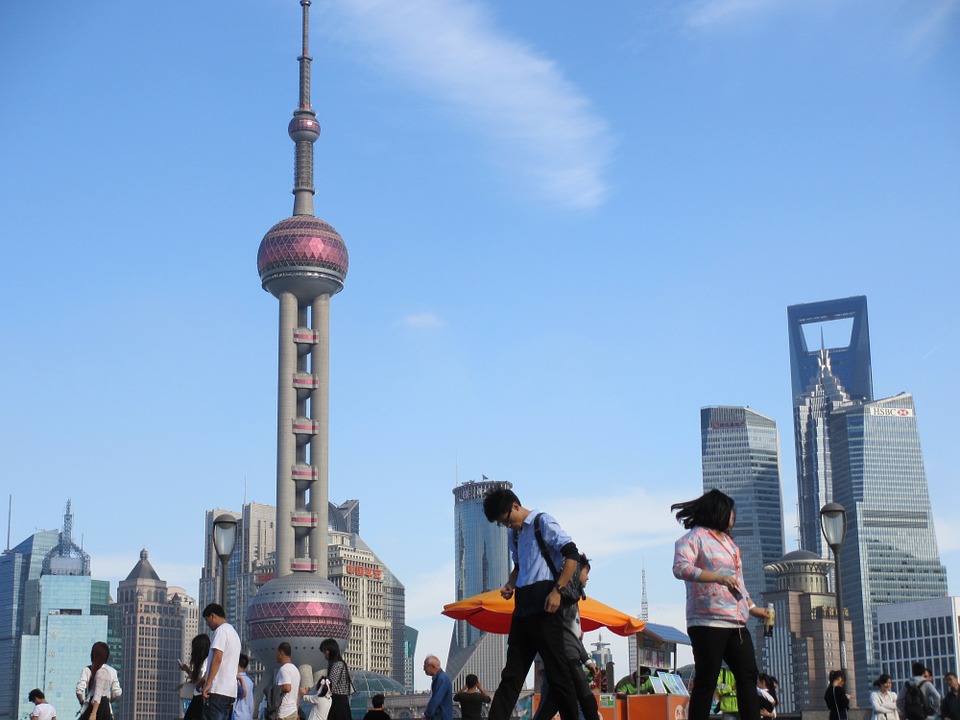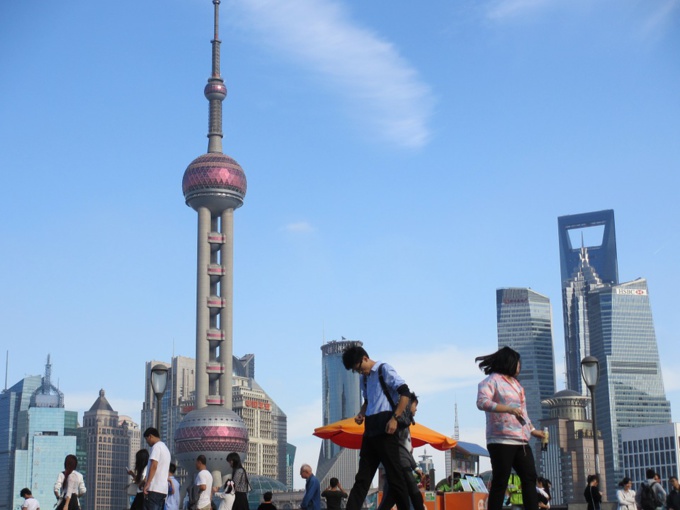Law firm Baker McKenzie and research firm Rhodium analyzed the situation with foreign direct investments of Chinese companies in 2016. According to their report, during this period the Chinese investors squandered 30 foreign acquisitions totaling nearly $ 75 billion. This was a sharp increase in comparison to 2015, when foreign transactions canceled for one reason or another totaled $ 10 billion. In 2016, Chinese investors missed ten transactions in the United States for a total of $ 58.6 billion and 20 transactions in Europe in an aggregate amount of $ 16.3 billion. The largest canceled transaction was China Anbang Insurance’s attempt to acquire American Starwood Hotels & Resorts for $ 14 billion.
Chinese investors are quite sensitive to such a shortage of opportunities. Now, they are between a rock and a hard place. The Chinese government in 2016 introduced severe restrictions on currency exchange for cross-border transactions, and foreign regulators were also cautious giving permissions for such deals, taking into account position of the Chinese authorities. In November last year, China introduced new regulations governing capital outflows from the country as expected volume of foreign investments sharply increased due to weakening of the renminbi. The government spent $ 320 billion of reserves to support the national currency. Foreign transactions with payment in RMB and US dollars fell under strict control in accordance with the new rules. Regulators have been instructed to limit "irrational transactions", that is, acquisition of assets for more than $ 1 billion, if these assets are not closely linked to profile of the buyer activity. Besides, the watchdogs are now monitoring cross-border transactions that involve acquisition of land, hotels, cinema production and entertainment industry.
Number of scuttled deals has increased significantly, yet volume of China's direct investment in the US and Europe still has more than doubled and set a new record of $ 94.2 billion. For comparison, ten years ago the figure was only $ 2.6 billion. As for the current year, forecasts for M&A deals remain uncertain. Michael F. DeFranco, Chair of Baker McKenzie's Global M&A Practice Group said: "Number of upcoming transactions in Europe and in North America has grown significantly, but the political and regulatory uncertainties are affecting their prospects. In 2017, we will probably see a short-term slowdown of new transactions."
His opinion is supported by Managing Director of China Market Research Group Shaun Rein, who said he expects a sharp fall of investment from China to the United States in the first three to six months of this year. "Firstly, measures to control the capital movement are quite serious. Now, Chinese companies are hesitant to make overseas acquisitions, because they fear that they may not get permission for currency conversion. This situation should change for the better in general, as fear a collapse of the yuan will weaken,"- he said. According to the expert, the investors mood is also influenced by fears that the US president Donald Trump can accept unfavorable trade laws related to China. "Chinese companies and tourists are worried that they are no longer welcome in the United States. They fear that Trump will make them their target", - he added.
source: ibtimes.co.uk, scmp.com
Chinese investors are quite sensitive to such a shortage of opportunities. Now, they are between a rock and a hard place. The Chinese government in 2016 introduced severe restrictions on currency exchange for cross-border transactions, and foreign regulators were also cautious giving permissions for such deals, taking into account position of the Chinese authorities. In November last year, China introduced new regulations governing capital outflows from the country as expected volume of foreign investments sharply increased due to weakening of the renminbi. The government spent $ 320 billion of reserves to support the national currency. Foreign transactions with payment in RMB and US dollars fell under strict control in accordance with the new rules. Regulators have been instructed to limit "irrational transactions", that is, acquisition of assets for more than $ 1 billion, if these assets are not closely linked to profile of the buyer activity. Besides, the watchdogs are now monitoring cross-border transactions that involve acquisition of land, hotels, cinema production and entertainment industry.
Number of scuttled deals has increased significantly, yet volume of China's direct investment in the US and Europe still has more than doubled and set a new record of $ 94.2 billion. For comparison, ten years ago the figure was only $ 2.6 billion. As for the current year, forecasts for M&A deals remain uncertain. Michael F. DeFranco, Chair of Baker McKenzie's Global M&A Practice Group said: "Number of upcoming transactions in Europe and in North America has grown significantly, but the political and regulatory uncertainties are affecting their prospects. In 2017, we will probably see a short-term slowdown of new transactions."
His opinion is supported by Managing Director of China Market Research Group Shaun Rein, who said he expects a sharp fall of investment from China to the United States in the first three to six months of this year. "Firstly, measures to control the capital movement are quite serious. Now, Chinese companies are hesitant to make overseas acquisitions, because they fear that they may not get permission for currency conversion. This situation should change for the better in general, as fear a collapse of the yuan will weaken,"- he said. According to the expert, the investors mood is also influenced by fears that the US president Donald Trump can accept unfavorable trade laws related to China. "Chinese companies and tourists are worried that they are no longer welcome in the United States. They fear that Trump will make them their target", - he added.
source: ibtimes.co.uk, scmp.com



















